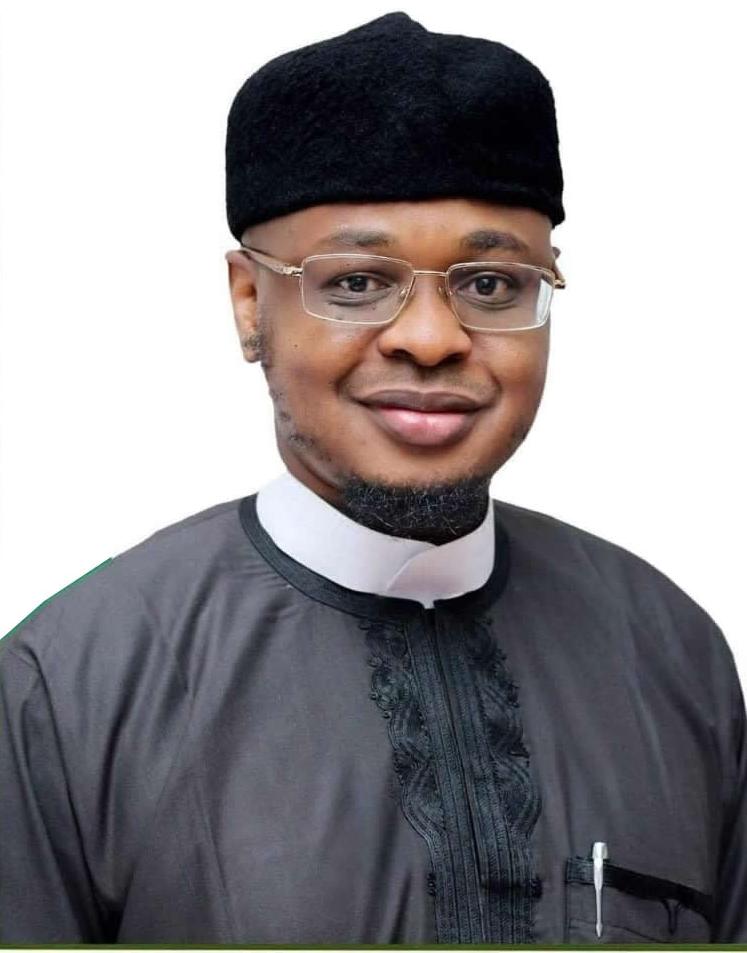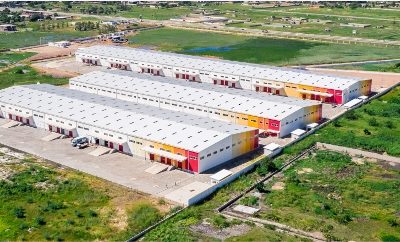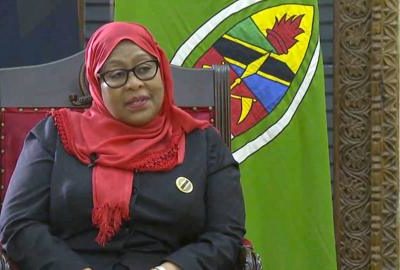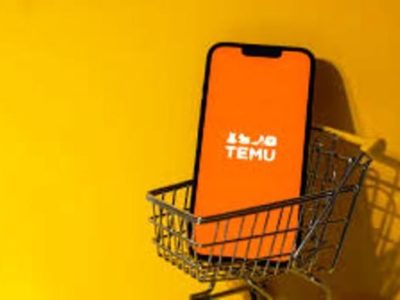#whatisinaname
1. Ministry of Communications
2. Ministry of Information & Communications
3. Ministry of Communications Technology
4. Ministry of Communications & Digital
Economy
By Olubayo Abiodun
What exactly are our goals, targets and objectives for the Ministry? Is it about using some high sounding words, or stringing words that the administrators could hardly interpret, let alone execute its full functionalities in lifting the nation to the next level of digital transformation of our society.
In other climes, Information, Communications Technology (ICT) has radically impacted society in every facet of life. Here we can’t even have unified curricula for the education sector because ours is nation that couldn’t optimize the use of ICT to make every Nigerian child, of school age, enjoy unlimited access to the plethora of exciting educational materials on the information superhighway.
“Our civil service is fundamentally still on manual processes, yet we pretend to be a society functioning in the 21st Century. When the engine of growth itself is short on skills and infrastructure, the nation is condemned to stagnation.”
All our tertiary academic institutions do not have a platform with capacity for interoperability. How do you build a society of shared value where there is no means of virtual collaboration as knowledge centers? While some are running with archaic curriculum, some are analogue, some are running on copper, some are on fiber strength, some are digital inclined but lack basic infrastructure. When a nation produces students with disjointed educational orientation, how is it expected to make meaningful progress and break out of the shackles of mental and social poverty?
Our health institutions cannot even take advantage of ICTs to save lives and improve health delivery. How can the cost of healthcare delivery be mitigated when the institution’s value chain: Primary-Secondary-Tertiary health facilities are bereft of ICT enablements. Perhaps, only fewer than 10% of the medical practitioners have any clue on using ICT as the connector for seamless healthcare delivery.
How about our food chain and agro-business? It is still functionally manual despite the fickle attempts of the past which have now been jettisoned because continuity is not in our log book. Today, weather information, market price index, equipment updates, logistics details and storage availability and conditions are now easily available with the help of apps. All stakeholders including the farmers, middlemen and policy makers can easily access such.
“What ICT could have done to simplify security service delivery has been largely left to mental torture of the operatives. When ransoms get delivered to criminals, a tracking device in the marked money is still a pipe dream for our security services to implement.”
From identifying soil types suitable for a specific seedling and genetic mode for a particular climate, the research centers have been made idle because there is no ICT integrator to give form to the various attempt by the folks working their arse out to make sense out of nothing and the most incongruous research-work environment.
The sordid tale is endless. Our civil service is fundamentally still on manual processes, yet we pretend to be a society functioning in the 21st Century. When the engine of growth itself is short on skills and infrastructure, the nation is condemned to stagnation. The vision is at best foggy, so the mission can only be warped in the final analysis. Every Ministry is working in silos. Take for instance, there is no conscious attempts to have an integrated map of the transport system in Nigeria using ICT as an enabler for the coordination of what the Works, Aviation and Transport Ministries are doing. Our roads, rail and air networks are disjointed. And these are being managed by the Works, Transport and Aviation Ministries. A simple travel plan cannot be efficiently managed using apps because our ministries are poles apart from each other.
Security is a guess work in Nigeria. What ICT could have done to simplify security service delivery has been largely left to mental torture of the operatives. That is why when ransoms get delivered to criminals, a tracking device in the marked money is still a pipe dream for our security services to implement. Police, FRSC and VIO personnels as well as their State equivalents have to practically jump in front of a moving vehicle to apprehend or check a suspicious law breaker or just having a routine profiling.
Military operations is still very short on digital capabilities and that is why the various ‘wars’: Boko Haram, ISWAP, Farmer-Herder clashes, kidnapping, Cattle Rustling and banditry afflicting the nation may not end for as long as day and night existed in Nigeria. This humongous security challenge has not been helped by the flip-flop of the lead agency responsible for citizens’ registration and biometric capture. When the Nigeria Identity Management Commission (NIMC) claims the national identity card is of less significance to the National Identification Number, then the nation is in a quandary. With a chip embedded national identity card, wouldn’t it be faster to profile everyone on the spot by a security agent on account of suspicion and/or infraction?
“How can the cost of healthcare delivery be mitigated when the institution’s value chain: Primary-Secondary-Tertiary health facilities are bereft of ICT enablements.”
Even with the transfer of power sector management, partially, to the private sector, there is still so much electricity theft going on across the nation. And this is simply because we implement smart metering and smart electricity on the lips. When transformers cannot capture electricity consumption per locality, crooks (both officials and unofficial) will always find a way to shortchange the system. It is better left to be imagined the volume of the sleaze in the oil and gas sector when mere monitoring of crude production levels cannot be efficiently tracked with the use of technologies, let alone effectively monitor the safety of the networks of pipelines using technology.
Even excellence in sporting activities could be improved and great results achieved if the administrators, sports academies and the athletes integrate technologies in the time management, schedules, training, feeding and medical profiling of the stakeholders. If the Minister would be kind enough to carry out quick checks in Jamaica, Germany, Britain, USA and see the impact of technology on victory at Sports meets, the revelation would be amazing.
Mr, Minister of Communications and Digital Economy, Dr. Isa Alli Patanmi, there is more to the name than a mere title and sense of entitlement to being another first person to run with such a nomenclature. The right mindset, technical expertise, support systems, collaborations, Political will and super support of the President and the National Assembly will only make your desire dream a clear vision for the transformation of Nigeria.
Olubayo Abiodun, technology journalist and social commentator, writes from Lagos.































